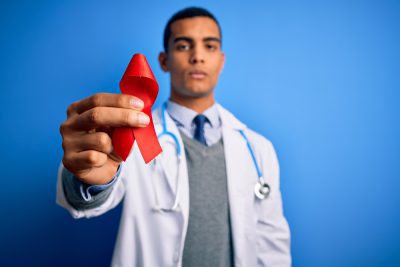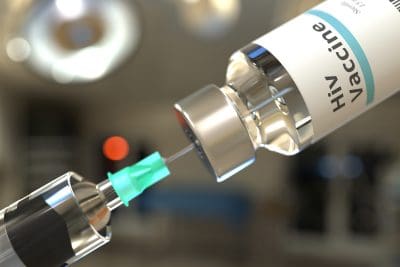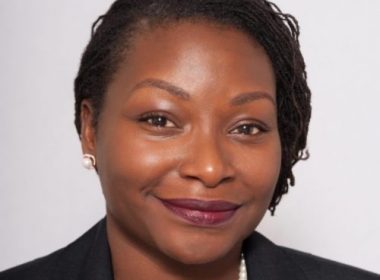
Being diagnosed with a life-threatening illness is a devastating event in any person’s life. When it comes to an HIV diagnosis, the event becomes even more agonizing. The pending prospect of a wasting illness and death hangs like an ever-present sword waiting to drop on the afflicted. For some, it can lead to a downward spiral of depression and death. For others, it becomes a fight for life and purpose. On Saturday, Oct. 15, 2016, the advocacy group SisterLove gathered women who have survived with an HIV diagnosis for 20 years or more. These women are not just victims of HIV, they are activists and educators against the disease as well as motivators.
Rolling out spoke with 10 of these women at the event. Here is the story of Maria Mejia.
Where are you from?
I live in Florida but I am originally from Columbia.
What has been your role in HIV activism?
My role has spanned 17 years; I started in 1999. I am an international rights activist and advocate for the LGBT community. I am also a motivational speaker and serve as an adviser for many international human rights organizations related to HIV education and awareness. Anything that has to do with human rights and HIV is my passion.
What instilled this passion in you?
I was infected with HIV at the age of 15 in 1988 by my first boyfriend and diagnosed on my 18th birthday in 1991 when it was a death sentence. In my community specifically and communities of color, I saw so much lack of education, ignorance and stigma for people my age. This motivated me to come out of the “HIV closet” so I could give hope to the hopeless, prevent infections and save lives.
Do you think young people today understand the risk of HIV infection?
I think a lot of people, young and old, do not respect the virus and as I tell them, HIV/AIDS is not a death sentence anymore, but it is a life sentence. It’s not an easy thing, like taking a pill and you’ll be fine; it is a manageable condition. We are not dying from it, but there are lots of things that come with it, such as stigma, ignorance, shame and side effects of medications that are very toxic to life. So it is very complex and they have to understand it. It’s not just “okay, if I get it, I will be fine.” It’s very hard to age with HIV.
In your opinion as an international expert, how has the lack of medication due to poverty played a role in the spread of the disease?
It’s been a very, very hard thing. I’m one of the international contacts in the United States for undocumented people, so they can get access to medications from international organizations. I act as a conduit and through me they can get access to these medications, medical treatments and emergency care. I get criticized because people ask me why I’m helping undocumented people get access to medication and care. But I work with global funding so it really does not tap into the money from the US. For example there is a young man from Africa in Columbia with HIV and he had no access to care. Through the organizations I work with, we were able to get him care and treatment in Columbia. I do this all over the world and the United States.
What message would you like to give in closing?
I want to tell [people] if they already have HIV that there is hope. I am a longtime survivor of 28 years, and I’m not sick. I am surviving and thriving and I am not ashamed of this condition. I just want respect and equality. For those who do not know if they have HIV, please use protection; take PreP, which is a pill that prevents HIV transmission. For those with HIV and in a relationship like myself, I say this: I have been married for 10 years to someone who is HIV negative, we take our medication and we have no detectable virus. Education is so important to prevention.









